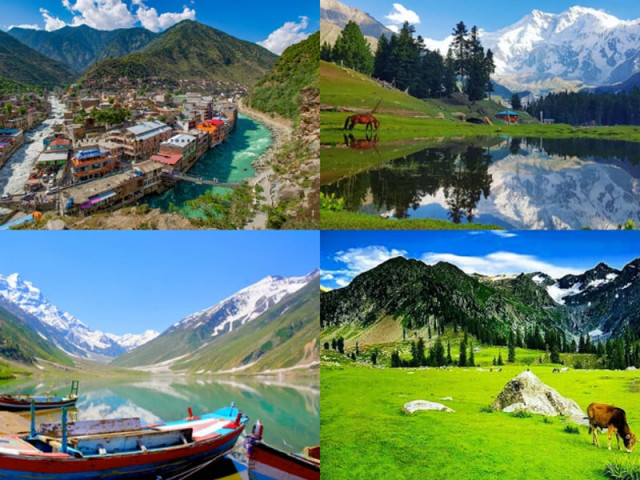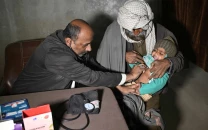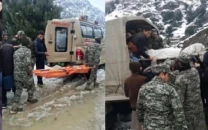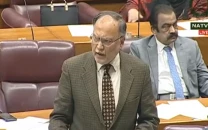Workshop highlights need for ecotourism
Policymakers, activists warn against worsening effects of mass tourism

"Ecotourism must be placed at the heart of Pakistan's development policies if the country wants to safeguard its natural wealth while creating resilient livelihoods," said Development Communications Network (Devcom-Pakistan) Executive Director Munir Ahmed, while conducting a national training workshop at the National Centre for Rural Development (NCRD) on Monday.
A good number of participants from different cities participated in the training workshop organised by the NCRD's capacity-building programme for government officials, and civil society representatives focused on the theme "Ecotourism and Sustainable Development." Opening the session, NCRD Director Dr Abdul Rehman Khan Niazi stressed the need to explore Pakistan's diverse landscapes — mountains, deserts, forests, wetlands and coasts — through sustainable practices that generate income without degrading ecosystems. Assistant Director Bilal Raza highlighted the objective of the workshop as equipping participants with the knowledge to align tourism with conservation and rural development.
Munir Ahmed warned that unchecked mass tourism could "erode the very beauty it seeks to promote." He said, "Tourism in Pakistan cannot be just about visitors, hotels and attractions. If it ignores ecosystems and sidelines communities, it will do more harm than good. Ecotourism is the way forward because it keeps the balance between people, culture and nature."
He argued that Pakistan has immense potential to emerge as a leading ecotourism destination in South Asia, provided its policies are reshaped with climate resilience, community empowerment and inclusive growth in mind. "Ecotourism is not charity work. It is a smart economic model. It generates livelihoods in rural and mountain areas, creates jobs for youth and women, and at the same time, safeguards biodiversity. We cannot afford to exploit our fragile ecosystems for short-term gains," Ahmed added.
Participants engaged in a lively interactive discussion on how to practically integrate ecotourism in their respective regions. Many agreed with Ahmed's view that communities must be made central to tourism planning and benefit-sharing. He stressed that Pakistan's youth should be trained as 'eco-ambassadors', while women entrepreneurs could benefit from ecotourism by linking their handicrafts, food products and hospitality services to tourism markets.
Wrapping up the session, he urged policymakers to adopt innovative financing models, strengthen public-private partnerships and introduce effective regulation to curb environmental exploitation in tourism zones. "If we continue business-as-usual tourism, we will lose our natural treasures to concrete.





















COMMENTS
Comments are moderated and generally will be posted if they are on-topic and not abusive.
For more information, please see our Comments FAQ